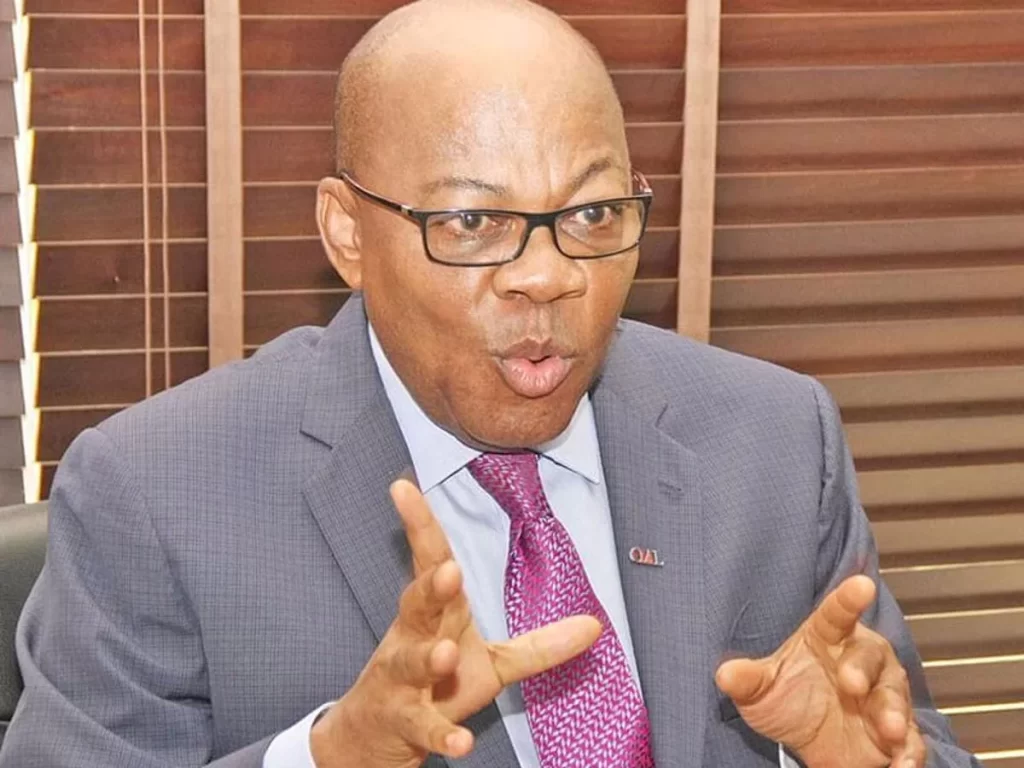Former President of the Nigerian Bar Association (NBA), Olisa Agbakoba, has urged President Bola Tinubu’s administration to adopt institutional palliatives to alleviate the economic challenges facing Nigerians.
Agbakoba who made the call in an interview with AriseTV on Tuesday, said governments of other countries also pay subsidies as it is not peculiar to Nigeria alone.
“Every government in the world does subsidies, actually, right now, President Tinubu has introduced or reintroduced subsidy for fuel consumption without telling us,” Agbakoba said.
He said that he prefers institutional palliatives over personal palliatives because they are more targeted and effective.
Agbakoba noted that a comprehensive approach to institutional palliatives includes initiatives like removing the 3.5% diesel tax and abolishing school fees for a specified period, particularly for schoolchildren across 36 states.
According to him, the government should, first of all, realise that there is great suffering in the country and that economic policy should be designed for the empowerment and securing of the lives of Nigerians.
The former NBA president stated that economic policy is not about GDP growth but about creating a packet of institutional benefits that will make the lives of Nigerians better.
Agbakoba said that applying international fuel prices should result in a cost range of N1000 to N1100, but the current prices in Nigeria stand at N600 to N700.
The former NBA president stated that the government should encourage local production of fuel and sell the refineries, adding that the government ought to permit indigenous owners of modular refineries to join the team.
“So let’s stop all the hypocrisy. Let’s encourage local production. Let’s sell the refineries the four refineries let’s allow the indigenous owners of modular refineries to come on board like the one I watched on television saying that they can produce between 50 and 100,000 litres per day,” Agbakoba said.










More Stories
JAMB stakes money if anyone could prove it posted candidates to centres outside their chosen town
UK Conservative Party mulls replacing Kemi Badenoch over poor showing
Truck skids off Pen Cinema Bridge in Lagos, lands on 2 commercial buses